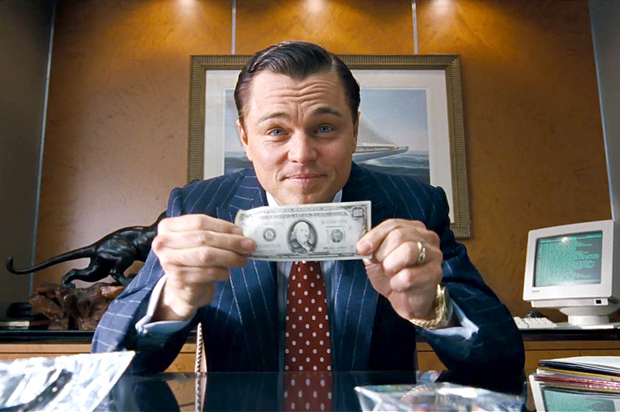The financial transaction tax is not an idea whose time has just now come; it simply has returned. From 1914 to 1966, our country taxed all sales and transfers of stock. The tax was doubled in the last year of Herbert Hoover’s presidency to help us recover from the Great Depression. Today, 40 countries have FTTs, including the seven with the fastest-growing stock exchanges in the world. Eleven members of the European Union (including Germany and France) voted for a financial transaction tax to curtail poverty, restore services and put people back to work.
This is no soak-the-rich idea. Rather than asking the Wall Street crowd to join us in paying a 6 to 12 percent sales tax, the major FTT proposal gaining support in the U.S. calls for a 0.5 percent assessment on stock transactions. That’s 50 cents on a $100 stock buy versus the $8.25 I would pay for a $100 bicycle.
Even at this minuscule rate, the huge volume of high-speed trades (nearly 400 billion a year) means an FTT would net about $300 billion to $350 billion a year for our public treasury. Plus, it’s a very progressive tax. Half of our country’s stock is owned by the 1 percenters, and only a small number of them are in the high-frequency trade game. Ordinary folks who have small stakes in the markets, including those in mutual and pension funds, are called “buy and hold” investors: They only do trades every few months or years, not daily or hourly or even by the second, and they’ll not be harmed. Rather it’s the computerized churners of frothy speculation who will pony up the bulk of revenue from such a transaction tax.
An FTT is a straightforward, uncomplicated way for us to get a substantial chunk of our money back from high-finance thieves, and we should make a concerted effort to put the idea on the front burner in 2016 and turn up the heat. Not only do its benefits merit the fight; the fight itself would be politically popular. One clue to its political potential is that the mere mention of FTT to a Wall Street banker will evoke a shriek so shrill that the Mars rover hears it. That’s because they know that this proposal would make them defend the indefensible: themselves.
First, the sheer scope of Wall Street’s self-serving casino business model would be exposed for all to see. Second, they would have to admit that they’re increasingly dependent on (and, therefore, making our economy dependent on) the stark-raving insanity of robotic, high-frequency speculation. Third, it’ll be completely ridiculous for them to argue that protecting the multi-trillion-dollar bets of rich market gamblers from this tax is more important than meeting our people’s growing backlog of real needs.
Unsurprisingly, then, Koch-funded operatives and other defenders of privilege are rushing out articles that amount to Wall Street gibberish: “FTT would hurt poor pensioners, farmers, long-term investors, job creation, liquidity … and blah, blah, blah.” There’s nary a mention of who will really be pinged: Wall Street’s gamblers and thieves. After all, to concede that they’ll be hurt, even a little, would elicit a coast-to-coast shout of, “Yes!”
A major push is being made under the banner of the “Robin Hood Tax.” This campaign offers a remarkable democratic opening. It widens America’s public policy debate from the plutocrats’ tired, narrow-minded mantra of defeat: “We’re broke. Big undertakings are beyond us. Shrink all expectations for yourselves, your children and your country’s future.” Instead, a new conversation can begin: “Look under that rock. There’s the money we need to invest in people. Let’s get America moving again!”
A sales tax on speculators can deliver tangibles that people need but Wall Street says we can’t afford — infrastructure, Social Security, education, good jobs, healthcare for all, etc. Just as important, it can deliver intangibles that our nation needs but Wall Street tries to ignore — fairness, social cohesion, equal opportunity, etc. It’s a gift for America’s future that literally would keep on giving. For more information and to join the fight, go to www.robinhoodtax.org.
To find out more about Jim Hightower, and read features by other Creators Syndicate writers and cartoonists, visit the Creators Web page atwww.creators.com. Copyright © 2016 CREATORS.COM

